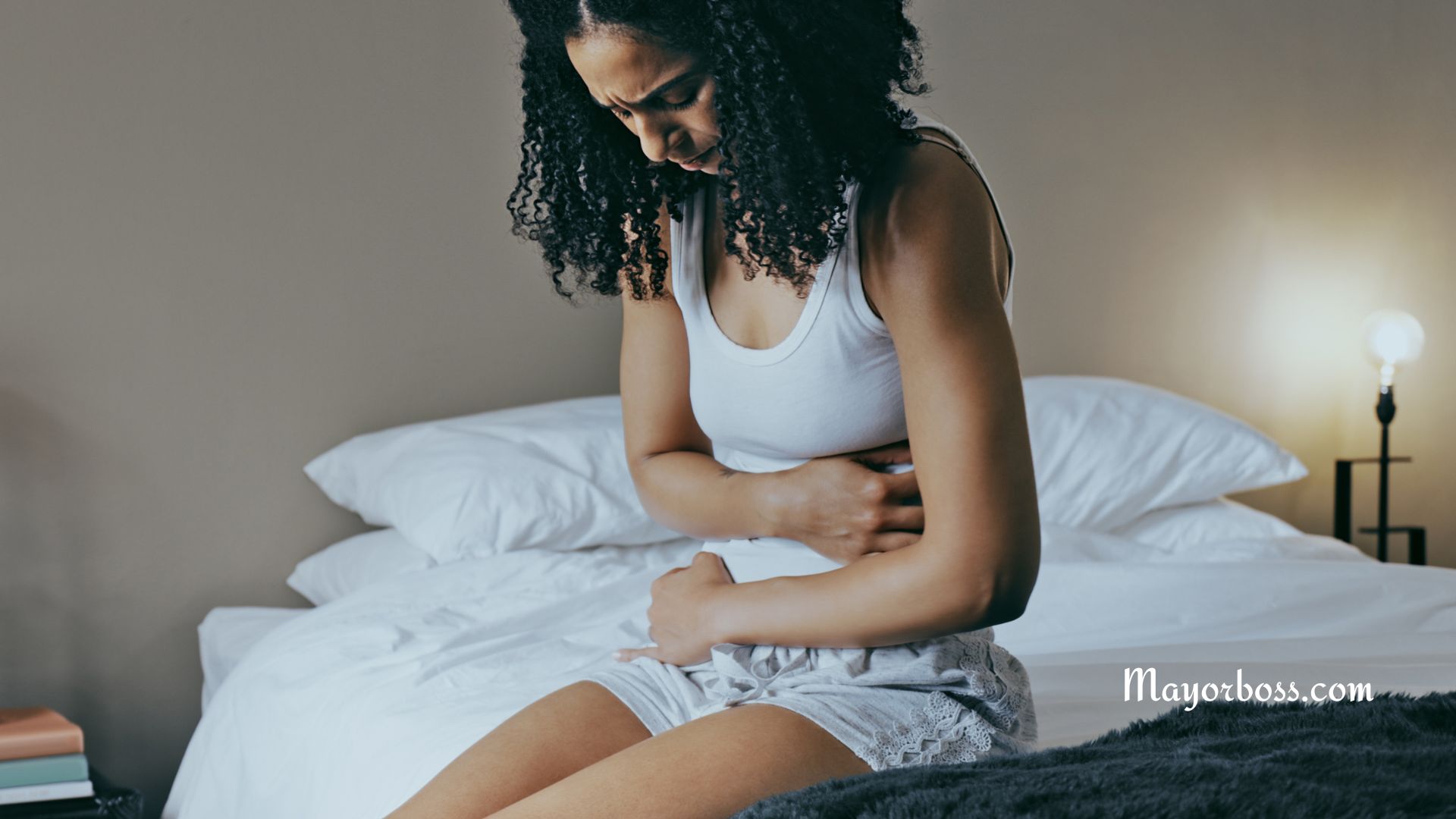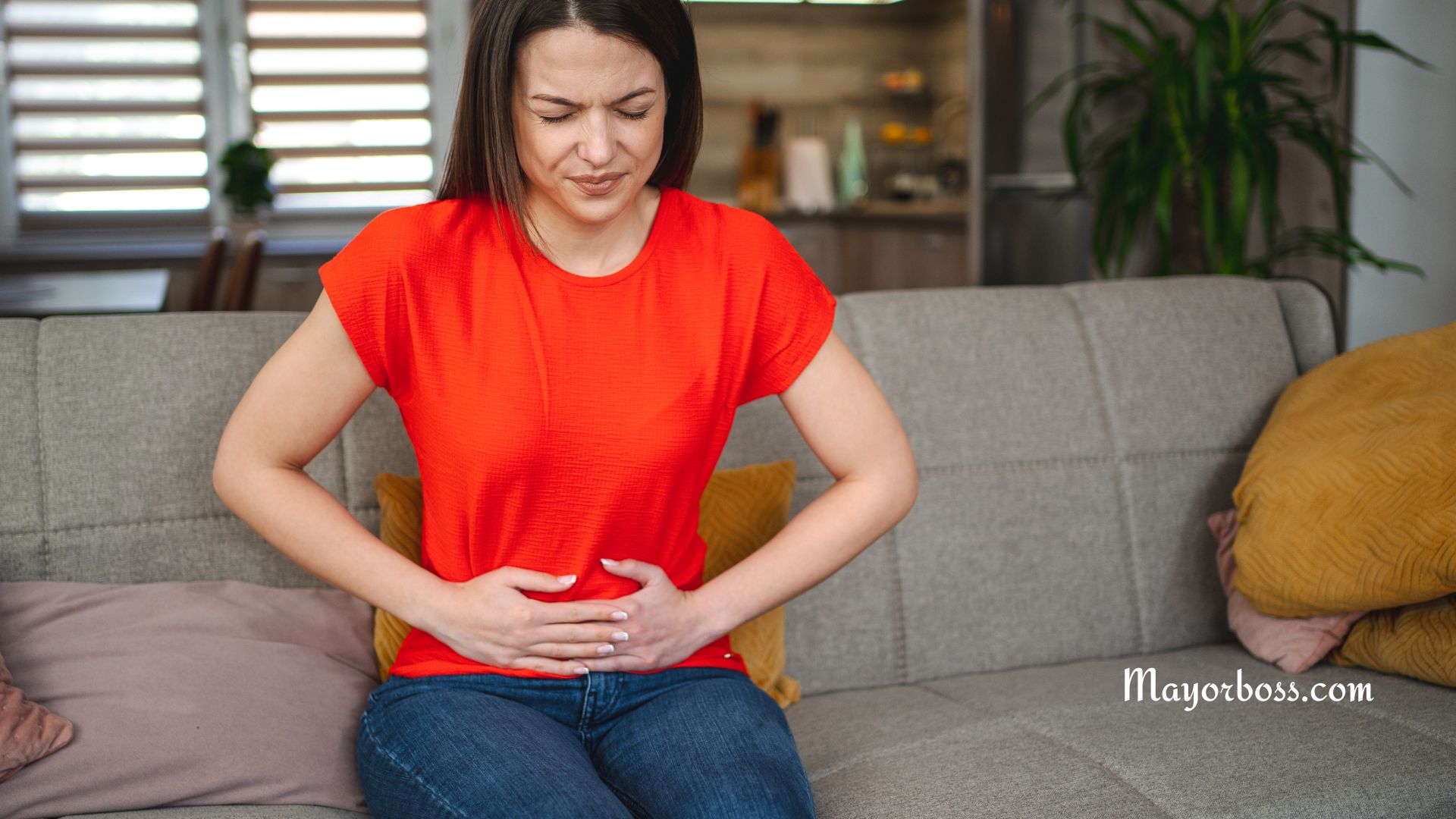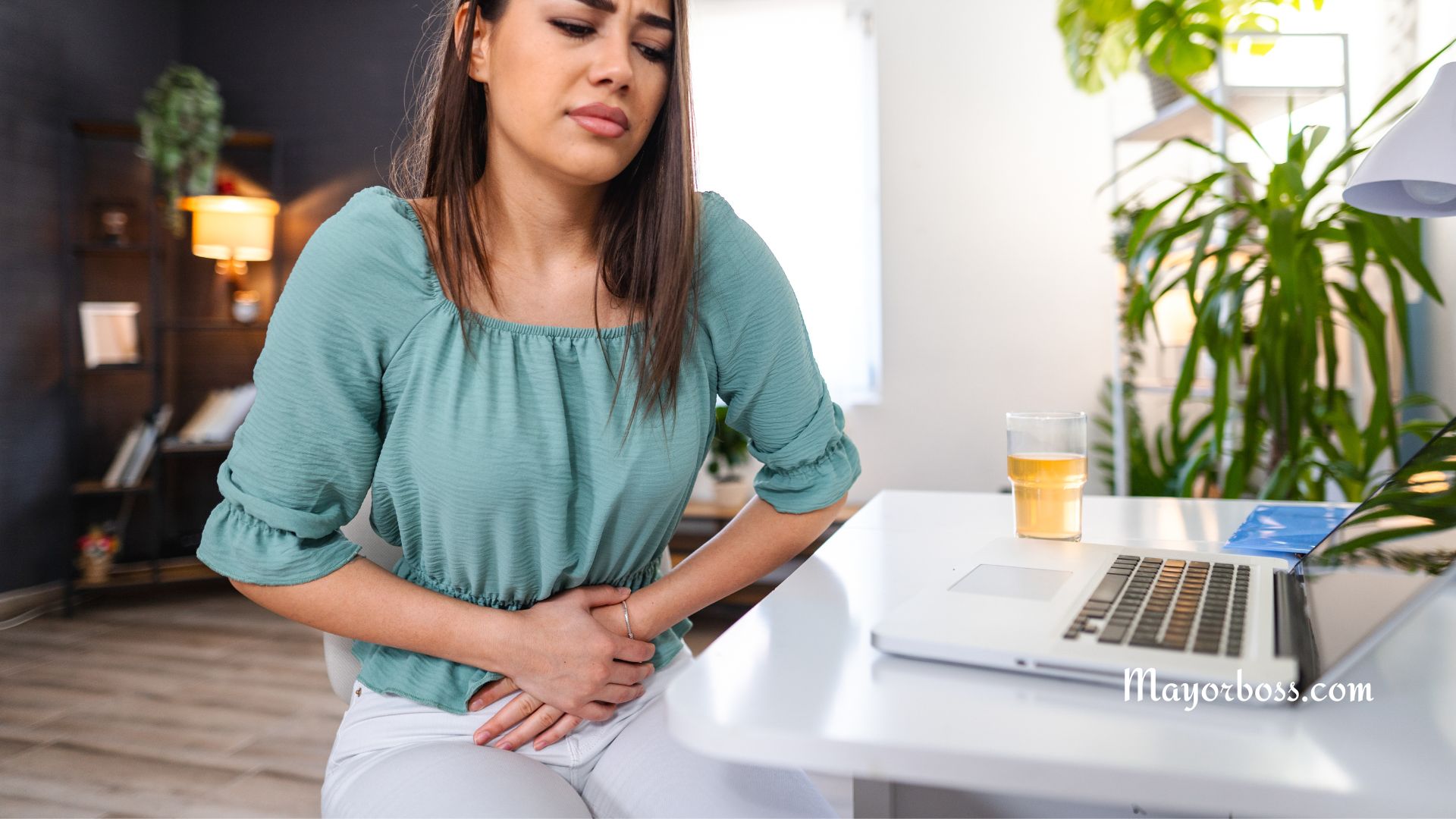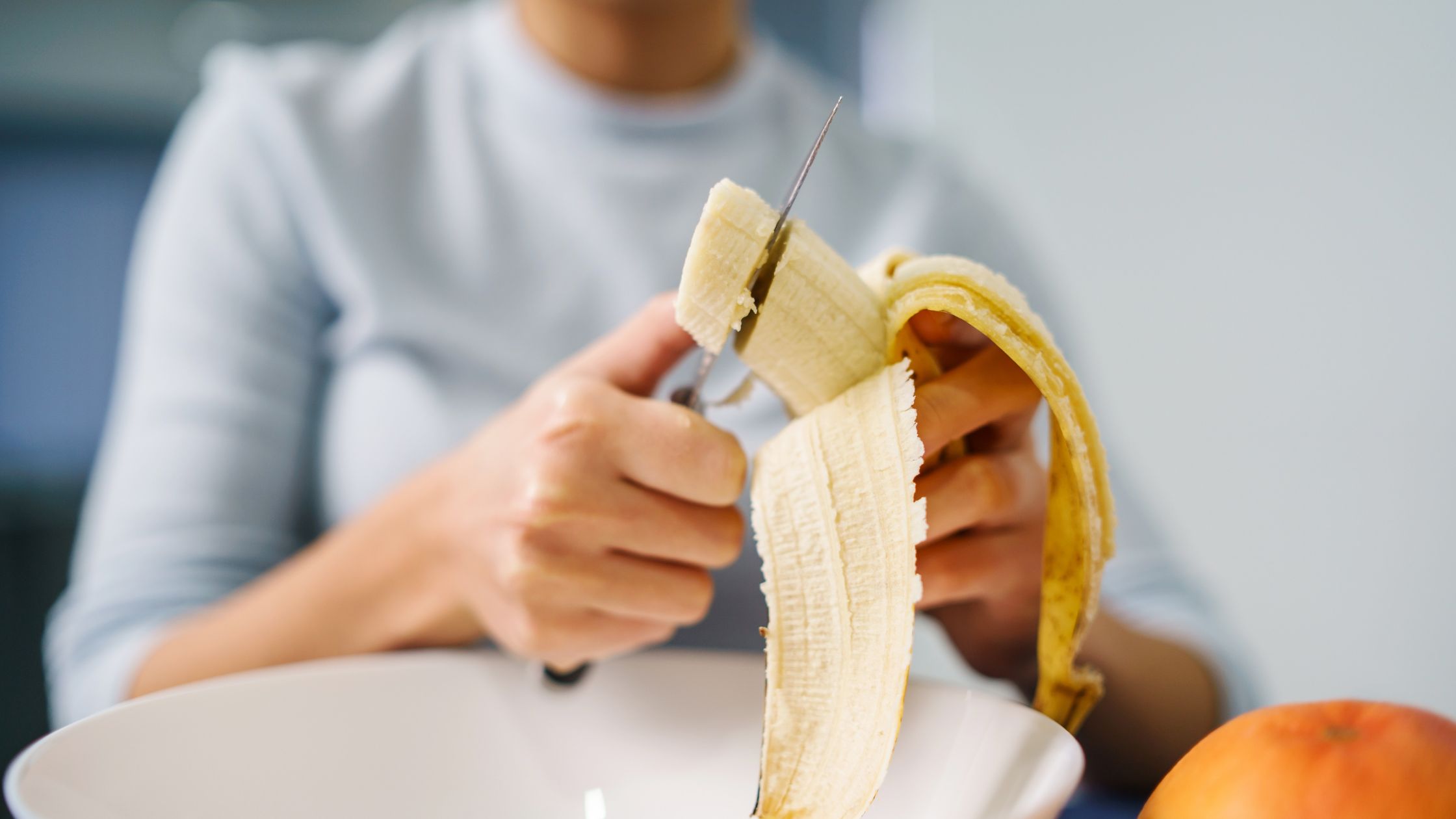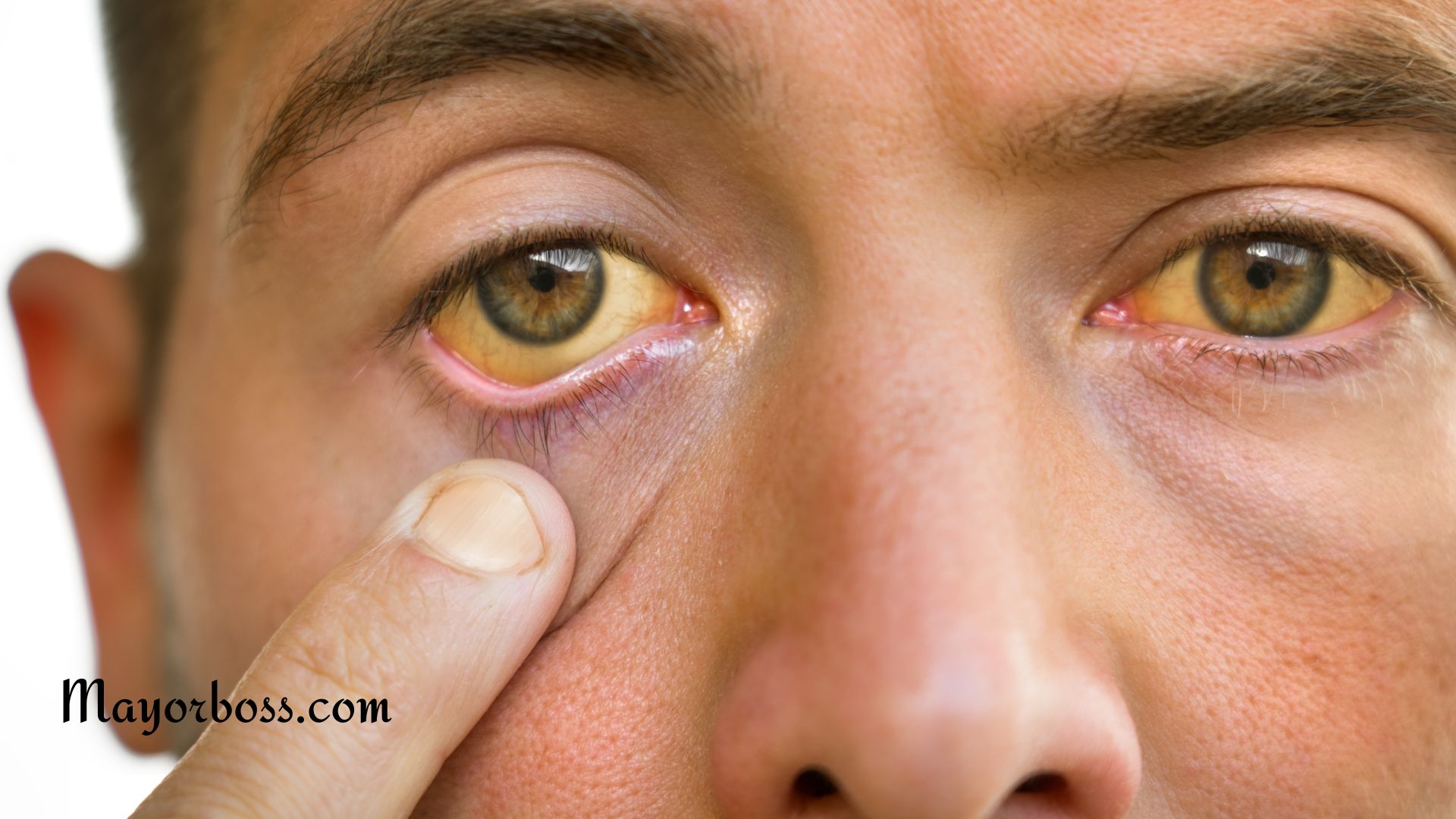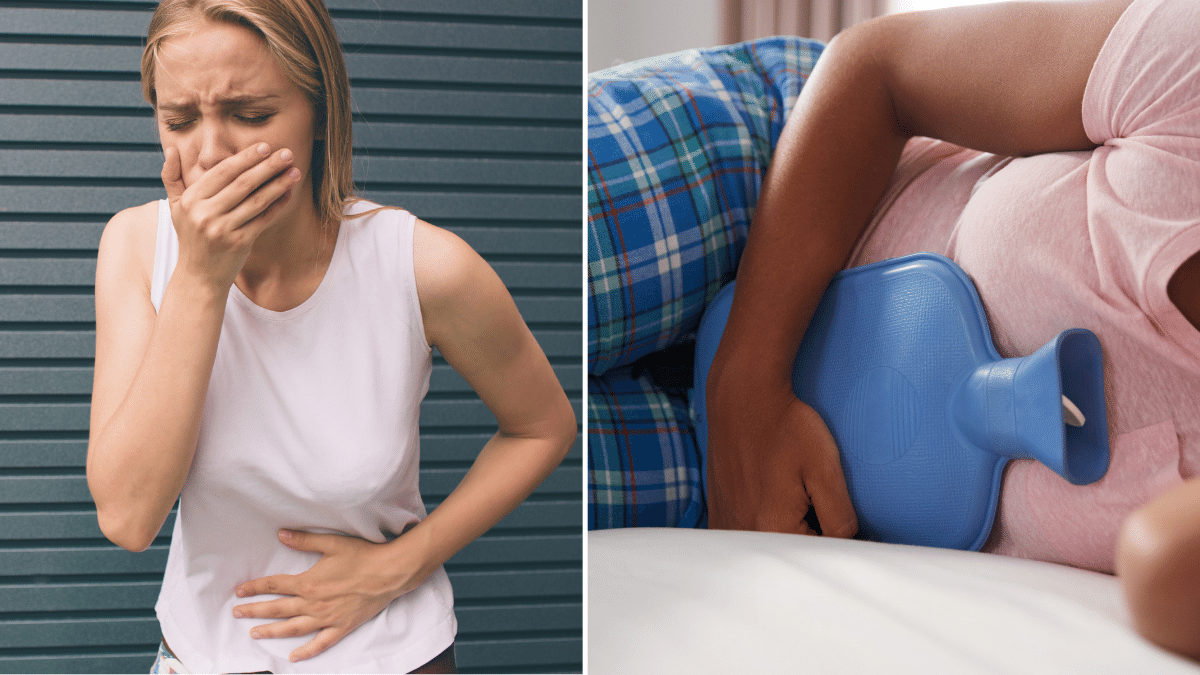Hemorrhoids And What To Do About Them
Hemorrhoids are swollen veins in the lower part of the anus and rectum. When the walls of these vessels become thin, they swell, and you may feel discomfort or bleeding. They can happen inside or outside the body. Hemorrhoids might occur due to straining during bowel movements, obesity, or during pregnancy. The condition can be painful, but there are many ways to treat and prevent it. We’ll explore the causes, symptoms, treatment, and prevention of hemorrhoids in this article.
What Are Hemorrhoids?
Hemorrhoids, or piles, are inflamed veins located in the lower part of your anus and rectum. They can cause discomfort, itching, and sometimes bleeding. There are internal and external hemorrhoids, and their symptoms might include itching, discomfort, and bleeding.
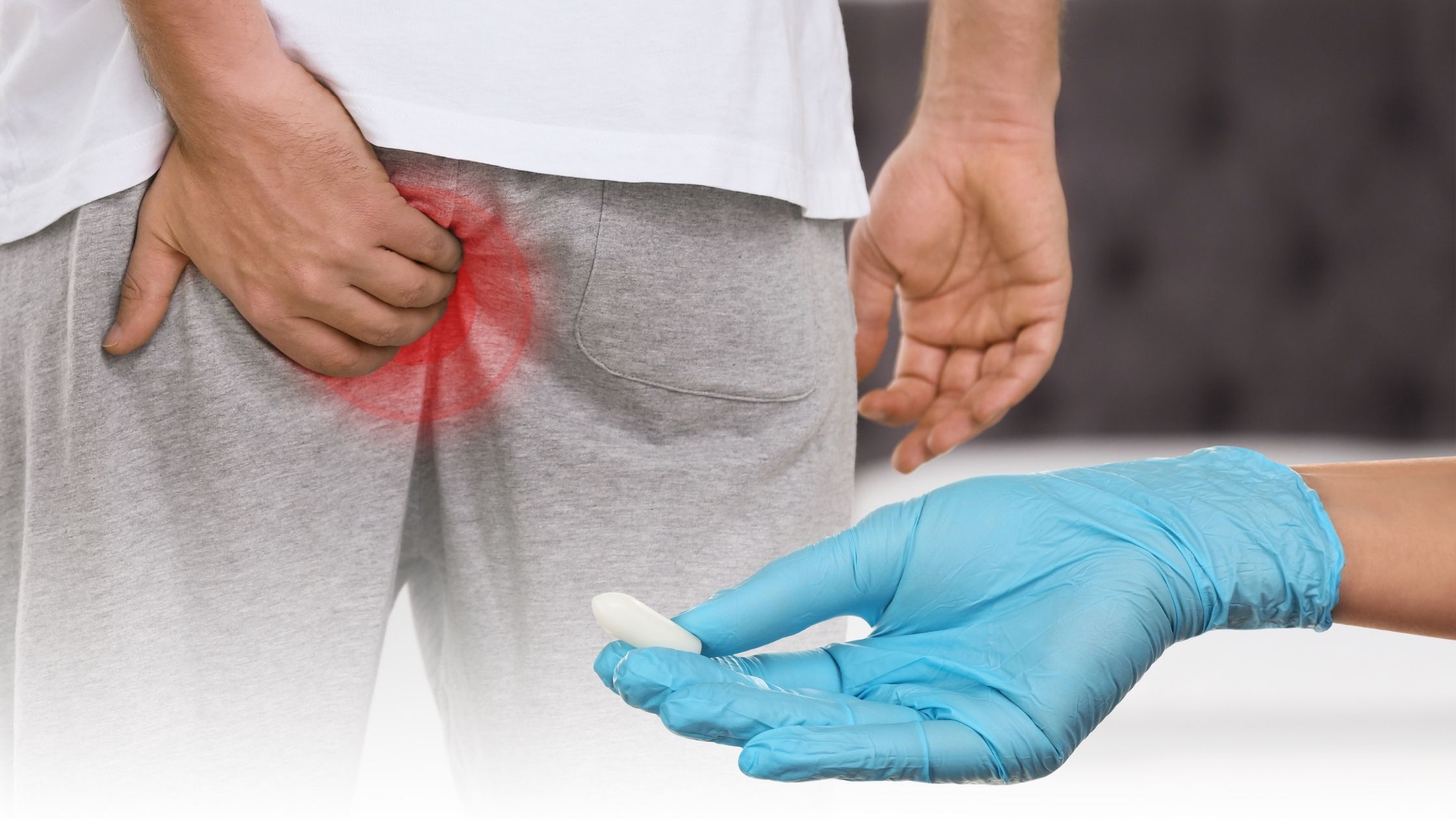
What Causes Hemorrhoids?
Straining During Bowel Movements
Hemorrhoids often occur when you strain too much during bowel movements. This extra effort puts pressure on the blood vessels in the anal region, causing them to swell.
Lack of Fiber in the Diet
A diet low in fiber might make your stool hard and difficult to pass. This can make you to strain when you go to the bathroom, which might result in hemorrhoids.
Drinking Less Water
When you don’t drink enough water, your body absorbs moisture from your stool, making it hard. This again forces you to strain during bowel movements, which can contribute to the formation of hemorrhoids.
Being Overweight
Carrying extra weight around the abdomen increases pressure on the pelvic veins. According to some medical studies, this pressure can cause the veins near the anus to stretch and swell, turning into hemorrhoids.
Pregnancy
During pregnancy, the uterus grows and puts pressure on the veins in the rectal area. This can cause them to enlarge, and you might develop hemorrhoids.
Childbirth
The strain of labor during childbirth can also cause the formation of hemorrhoids. The increased pressure and straining can stress the veins near the anus.
Aging
As you age, the tissues in your body that support the veins in your rectum and anus can get weak. This weakening might allow the veins to swell more easily, and you might develop hemorrhoids as a result.
Sitting for Long Periods
If you sit for a long time on the toilet or at your desk, the pressure on the anal region might increase. This pressure can cause the veins to stretch and swell, leading to hemorrhoids.
Chronic Constipation or Diarrhea
Both constipation and diarrhea cause you to strain during bowel movements. If this becomes a regular issue for you, the constant strain might cause hemorrhoids to form.
Heavy Lifting
Regularly lifting heavy objects can also put undue pressure on the blood vessels in your anal region. If you often engage in activities that require heavy lifting, you might be at a higher risk of developing hemorrhoids.
Family History
According to some research, if family members have had hemorrhoids, you might be more likely to get them as well.
What Are the Symptoms of Hemorrhoids?
Hemorrhoids are uncomfortable, and the symptoms vary depending on whether they are internal or external. Common signs of hemorrhoids might include itching or irritation around the anus, pain or discomfort, swelling, and bleeding. Here’s a closer look at the symptoms you might experience.
Internal Hemorrhoids
Internal hemorrhoids are found inside the rectum, so you usually can’t see or feel them. However, they might cause some specific symptoms.
Bleeding
Bright red blood on toilet paper or in the toilet bowl after a bowel movement is a common sign of internal hemorrhoids. Even though it can be startling, this type of bleeding is typically painless.
Discomfort
When an internal hemorrhoid gets irritated, it may produce mucus that can cause itching.
External Hemorrhoids
External hemorrhoids are particularly under the skin around the anus. Unlike internal hemorrhoids, these can cause more noticeable symptoms.
Pain and Discomfort
External hemorrhoids might cause pain, particularly during bowel movements. You might also feel discomfort or tenderness when you sit down.
Swelling
The area around the anus might become swollen and red. This can cause further discomfort, especially when sitting.
Itching or Irritation
The skin around the external hemorrhoids can become itchy or irritated. Scratching can make the irritation worse, so it’s important to treat the underlying cause.
Thrombosed Hemorrhoids
Sometimes a blood clot can form in an external hemorrhoid, creating what’s known as a thrombosed hemorrhoid. This condition can cause additional symptoms.
Severe Pain
Thrombosed hemorrhoids can be extremely painful. The pain might be constant, or it might increase with certain activities like sitting or walking.
Hard Lump
You might feel a hard, tender lump near your anus. This lump is a blood clot, and it can be sensitive to touch.
Strangulated Hemorrhoids
When the blood supply to an internal hemorrhoid is cut off, it can become strangulated. This condition is rare but serious.
Severe Pain
Strangulated hemorrhoids can cause intense pain. If you experience this symptom, you should see a healthcare provider as soon as possible.
How to Diagnose Hemorrhoids?
A doctor may perform a physical exam to check for external hemorrhoids or use a small scope to look inside the rectum for internal ones.
How to Treat Hemorrhoids?
Here’s a look at how you can treat hemorrhoids and find relief.
Home Remedies
Sometimes, simple home remedies are all you need to find comfort from the symptoms of hemorrhoids.
Increase Fiber and Water Intake
Consuming a diet high in fiber and drinking lots of water softens stools and makes them easier to pass, reducing strain on hemorrhoids.
Warm Baths
Soaking in a warm bath for 10-15 minutes a few times daily can ease the irritation and itching caused by hemorrhoids.
Use Wet Wipes
Instead of dry toilet paper, using wet wipes or a damp cloth can help prevent irritation around the anal area.
Over-the-Counter Products
Several products are available at pharmacies that can help with the discomfort of hemorrhoids.
Creams and Ointments
Special creams and ointments containing witch hazel or hydrocortisone can ease pain and itching.
Stool Softeners
Stool softeners can prevent constipation and make it easier to have a bowel movement without straining.
Medical Procedures
If home treatments aren’t effective, your healthcare provider might suggest medical procedures.
Rubber Band Ligation
In this procedure, a doctor places a small rubber band around the hemorrhoid, cutting off its blood supply. This causes the hemorrhoid to shrink and finally fall off.
Sclerotherapy
A healthcare provider might inject a chemical solution into the hemorrhoid to shrink it.
Coagulation
Using laser or infrared light, a healthcare provider can cause the hemorrhoid to harden and shrivel up.
Hemorrhoidectomy
In severe cases, a surgical procedure called hemorrhoidectomy might be necessary to remove the hemorrhoid.
Lifestyle Changes
Making some lifestyle changes can not only help treat hemorrhoids but also prevent them from coming back.
Avoid Straining
Straining during bowel movements can actually make hemorrhoids worse. Try not to force the stool out.
Exercise Regularly
Regular exercise can promote healthy bowel movements and prevent constipation.
Avoid Sitting for Long Periods
If your job requires sitting for extended times, try to take breaks and move around to reduce pressure on the anal area.
Hemorrhoids can be an uncomfortable and sometimes painful condition, but with the right knowledge and care, you can treat and even prevent them. Whether you choose home remedies or need medical treatment, know that there are many options available to help you feel better.
Further Reading: How to Get Rid of Hemorrhoids

